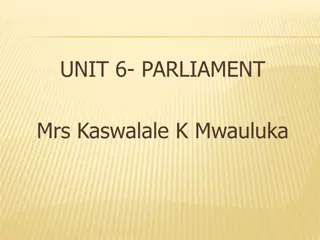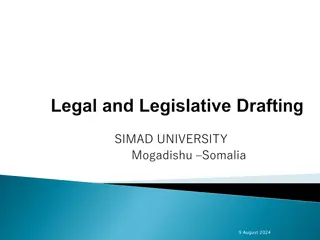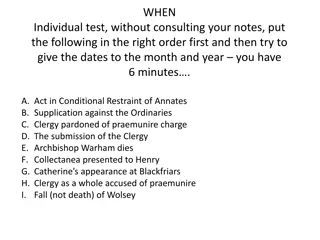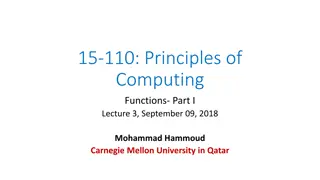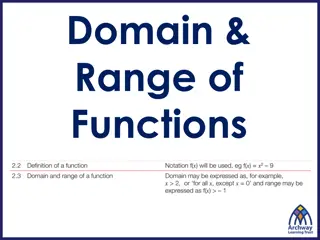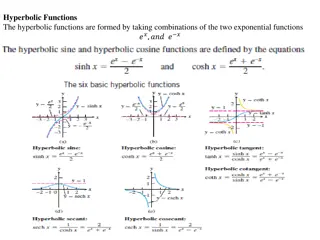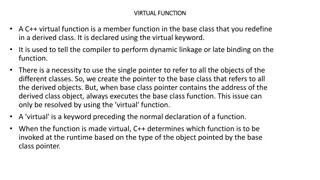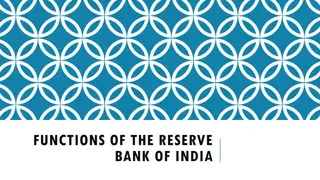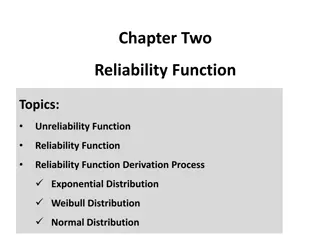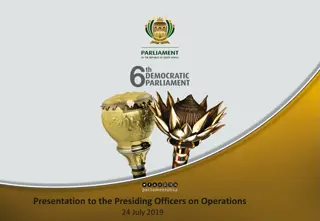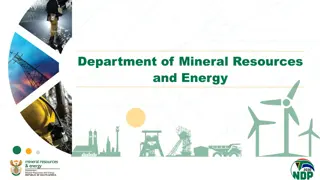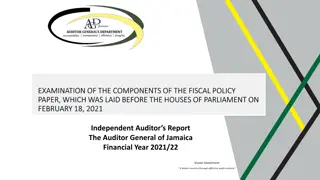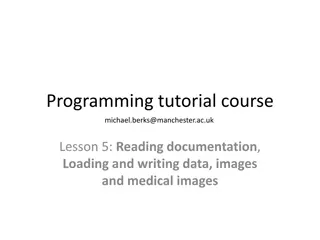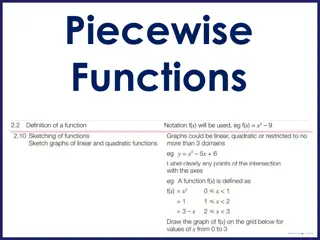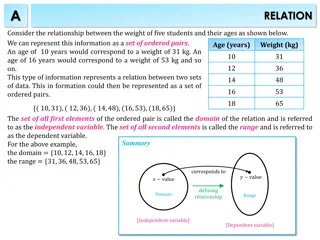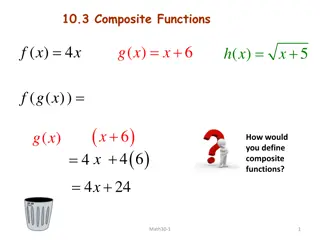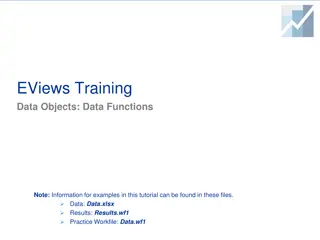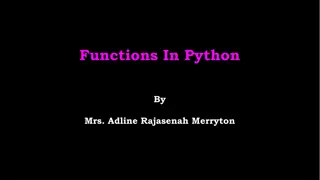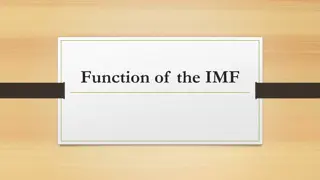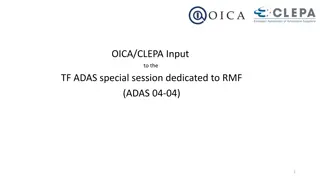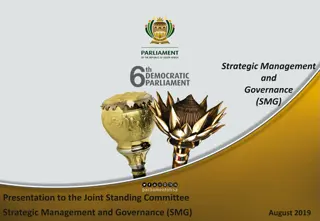Role and Functions of a Member of Parliament
A Member of Parliament (MP) plays various roles in governance, including legislative, supervisory, electoral, and budgetary functions. MPs are elected representatives responsible for making laws, overseeing the executive branch, participating in electoral processes, and contributing to budget matters.
Download Presentation

Please find below an Image/Link to download the presentation.
The content on the website is provided AS IS for your information and personal use only. It may not be sold, licensed, or shared on other websites without obtaining consent from the author. Download presentation by click this link. If you encounter any issues during the download, it is possible that the publisher has removed the file from their server.
E N D
Presentation Transcript
POWER AND FUNCTIONS OF MEMBER OF PARLIAMENT NAME=MEHAK BAP/19/326
Member of parliament A member of Parliament or MP is a representative of the voters to a parliament in countries with bicameral legislature. The Members of P arliament tend to belong to the various political parties in the country. Members of Parliament in Rajya Sabha: The maximum allowed capacity of Rajya Sabha is 250. 238 members are elected by the State and 12 members are nominated by the President for their contribution in the fields of art, literature, science and social services. Rajya Sabha is a permanent body and is not subject to dissolution. However, one-third of the total Rajya Sabha members retire every second year, and are replaced by the newly elected members. Each member in Rajya Sabha is elected for a term of six years. Members of Parliament In Lok sabha :The Lok Sabha or the lower house of Parliament is composed of representatives of people that chosen after the direct election on the basis of Universal Adult Suffrage. The maximum strength of Lok Sabha members is 552 members 530 members to represent the States, 20 members to represent the Union Territories, and 2 members to be nominated by the President from the Anglo-Indian Community. The current strength of Lok Sabha is 545. Members of Lok Sabha hold their seat for 5 years or until the body is dissolved by the President on the advice of the council of ministers.
LEGISLATIVE ROLE Parliament make law for the governance of the country. All the MPs are entitled to participate, discuss, debate on any bill and suggest change or amendments to it. All MPs are entitled to participate in the voting and amendmending construction. MPs legislate on any matter related to union list and concurrent list. Sometimes also make law on state list. 1. 2. 3. MPs are empowered to act upon legislative matter list creation of state legislation Council to increase and decrease area of the state,changr the name of the state. They regulate the organisation and jurisdiction of the supreme court and high court. MPs are the main agent of change and development in a parliamentary democracy. 4. 5. 6.
SUPERVISORY ROLE MPs exercise the control over the executive through parliamentary intervention such as question hour, zero hour, special mention motion, no- confidence motion, cencor motion and other discussions. MPs are entitled with supervisory role as the member of public account. They estimate public understanding of various other departments Related to various standing and ad-hoc committees.
ELECTORAL ROLE On the electoral role of MPs participate in the election of :1) president and vice president, 2) On the oter hand in lok sabha MPs select speaker and deputy speaker of the house, 3)In Rajya Sabha MP elect the vice chairman of the rajya sabha. MPs are also part of process for impeachment of the president and removal of vice president and judges of High Court and supreme Court
BUDGETARY ROLE One of the crucial functions of the MPs is to check the financial affairs of the state. Article 263(3) it is one of the delegated power of the Members, the budget Is therefore present on the Parliament. The MPs can control over the budget through different manners :during the debate and discuss of the budget and on post budgeterg control. Example in public account committee consist of the 22 members of MPs where 15 from lok sabha and 7 member from rajya sabha.
REPRESENTATIVE ROLE Every MP is entitled to express his problem related to his and her constituency. MPs are given power with power to bring questions, Involve in the debate related to his constituency. MPs are also given with power to implement various project in their respective constituency They take time to time reviews of those projects at various levels of the project. For example a) District level collector,b)state government, c) central government level. Mr PM Modi frequently followed of administration regarding various projects related to his constituency varanasi. ______________


